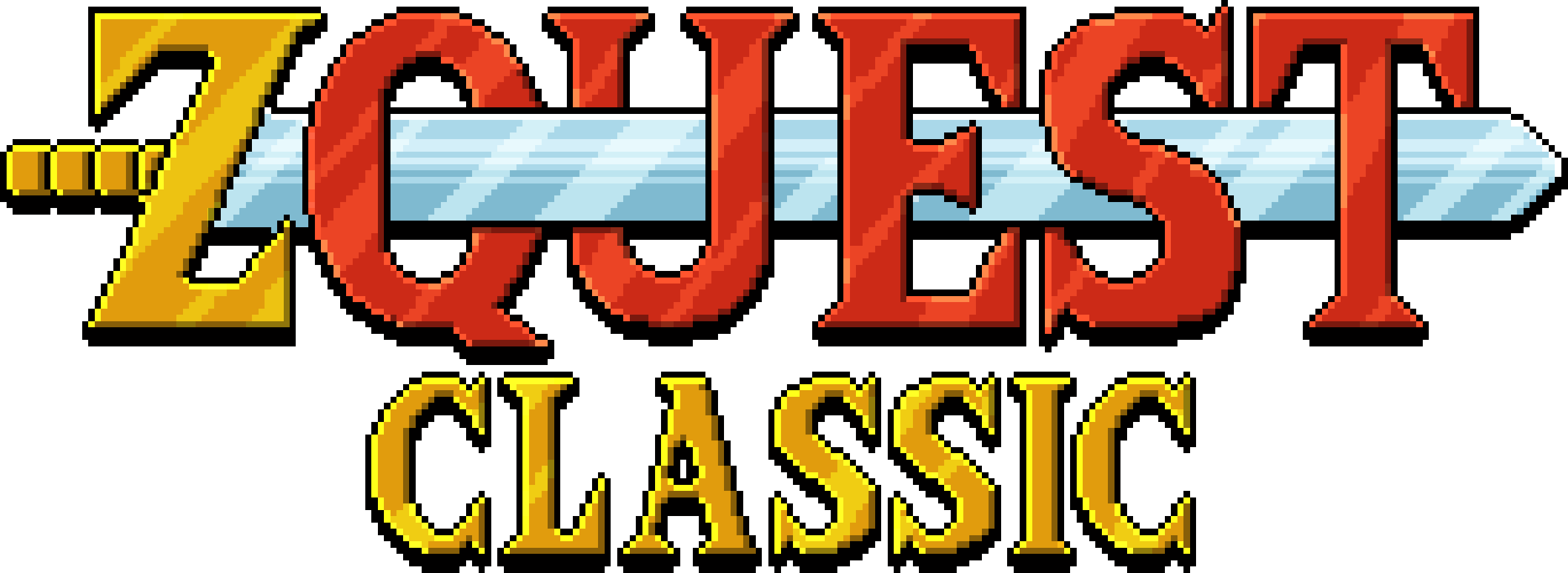Object Memory Management#
Added in version 3.0:
Pre-3.0, objects had to be manually deleted, but with ZC 3.0 there is now a garbage collector to automate freeing objects for scripters.
TL;DR for experienced ZScript users: you don’t need to use delete or Free() anymore, and
you probably never need to use ->Own either. Read on for specifics.
What’s managed#
The following types are objects that are tracked by the garbage collector:
Note: there are other object types, but they are never explicitly created or deleted by scripts.
How it works#
The ZScript garbage collector has two ways for knowing when to delete objects:
Reference counting - variables and arrays containing an object count as references, and as long as there is one reference to an object it will not be deleted
Reachability - objects that are not reachable from a global object, local/global variable, or local/global array are considered unreachable, and will be deleted. This is necessary to detect objects that may always have a reference count greater than zero (for example: two objects holding a reference to each other, but otherwise no longer in use). The process of detecting unreachable objects is a “full garbage collection”, and only runs occasionally.
Variables only retain a reference to an object if typed as an object. For example, using
int or untyped to store an object pointer won’t count as a reference, so may result in
premature deletion. If you must store objects like that for some reason, call OwnObject
so its reference count is always greater than zero (as long as that script is alive), or
globalize it via GlobalObject.
Caution
Currently objects in a stack do not count as a reference.
Objects made global with GlobalObject are never deleted by the garbage collector.
To tie an object to at least the lifetime of the currently running script, use OwnObject. This associates a reference to the object with the current script, so when that script ends if there are no other references to the object it will be destroyed. Only one script may own a particular object - subsequent calls transfer which script holds the reference. You shouldn’t need this functionality for most usages. One example of it being necessary is if the only place you store an object is an untyped variable, which does not hold a reference.
For simple objects with no cyclical references, they are destroyed just after their last reference is removed (as local variable going out of scope, or being overwritten, etc).
New objects have an implicit reference added to an “autorelease pool” (a construct borrowed from Objective-C). This reference is removed the next time the script yields (such as by calling Waitframe), or the first time it is stored somewhere (such as being assigned to an object variable, or being inserted into array). If the object has not been stored somewhere by then, or made global, it is deleted when the script yields.
For objects with cyclical references (or self-references), their deletion is deferred until a full garbage collection run. When an object is found to be unreachable by any global or local variable, and it is not in the autorelease pool, it will be deleted. This process is much more expensive than reference counting, so it doesn’t run often, and when exactly it runs is subject to change.
Script ownership can be revoked by calling GlobalObject. You can delete a global object by making it no longer global (call OwnObject on it) - once all other references are unassigned, the garbage collector will eventually delete it.
When a script terminates, objects it owns will lose a reference count, calling their destructors immediately if their reference count is now zero.
On save, an object persists to the save file (including all its variables and arrays) if it has been globalized via GlobalObject, or if it is reachable from a global variable or array (note: untyped or int arrays do not count).
Changed in version 3.0: Prior to this version, only globalized objects persist to the save file.
Caution
References to internal arrays (such as Screen->D[]) never persist to save files. They will be replaced with null.
Caution
You should not expect destructors to run at any specific time, or even at all. You should only use destructors for debugging purposes, or for deleting/disowning other objects. Exactly when the garbage collector runs or an object destructor is called is an implementation detail that may change. Do NOT implement critical game functionality in destructors - doing so will result in unpredictable behavior, and may break your quest in future versions of ZC.
Examples#
To pass objects between scripts via
InitD(or similar int/untyped variables), you must ensure something else retains the object else it may be destroyed before the target script can load it. Read this discussion for more information.
